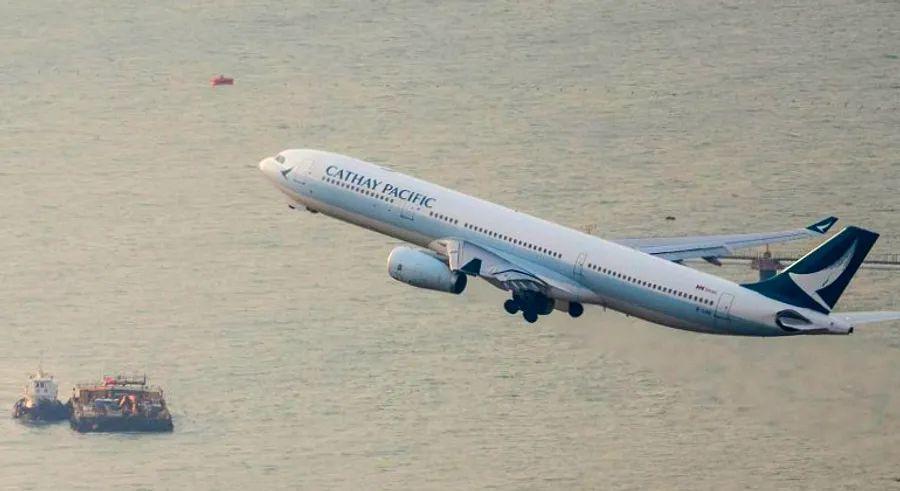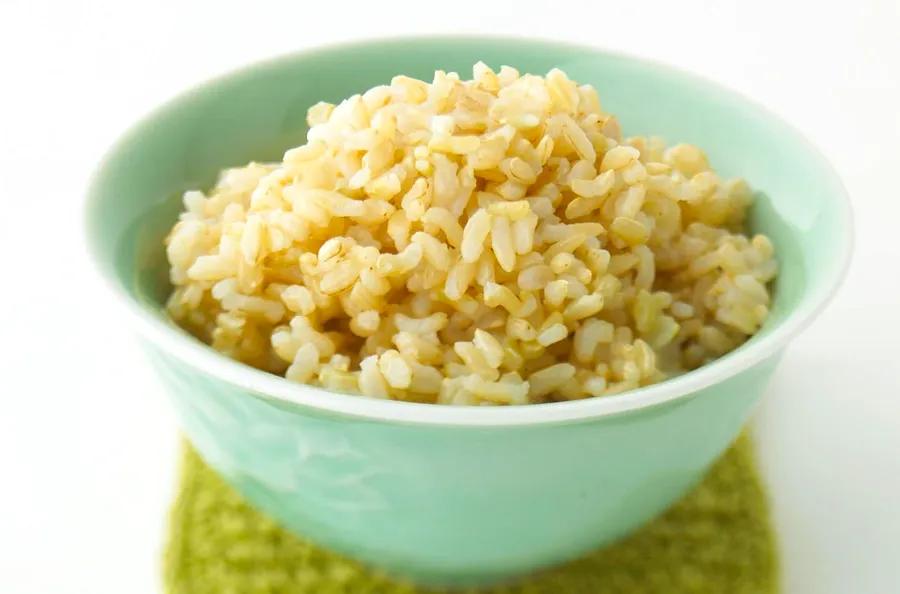Hong Kong and Singapore set the official date for the launch of their new 'travel bubble'

Hong Kong and Singapore have confirmed the launch date for their 'air travel bubble,' enabling residents to travel between the two cities without quarantine or restrictive measures.
According to Singapore's aviation authority, the inaugural 'Air Travel Bubble' (ATB) will commence on November 22, following the completion of talks earlier this week.
The Civil Aviation Authority of Singapore described the ATB as a key step for the aviation industry, aimed at safely and progressively reopening air travel.
Passengers traveling between Hong Kong and Singapore will be required to undergo mandatory Covid-19 testing before departure.
Importantly, travelers will not be required to quarantine, observe stay-home notices, or follow a controlled travel itinerary.
Initially, one flight will operate daily between each city, with a limit of 200 passengers per flight. Starting December 7, this will increase to two daily flights per city, each with a 200-passenger limit.
Travelers must meet specific criteria before departure, including having no international travel in the past 14 days.
The announcement notes that if the Covid-19 situation worsens in either city, the Air Travel Bubble (ATB) will be temporarily suspended.
Singapore’s Minister for Transport, Ong Ye Kung, emphasized that the Air Travel Bubble achieves two goals: safely reopening borders while ensuring public health and safety in both nations.
Although we're starting with limited capacity, this is a significant step forward. I'm confident that both Singapore and Hong Kong will work together to ensure the success of this initiative. It will serve as a valuable model for other countries and regions that have controlled the pandemic and are considering reopening their borders.
Travel between the Chinese city and the Southeast Asian nation has been halted for months. Following the onset of the coronavirus pandemic, both governments closed their borders to most non-residents and short-term visitors. In Hong Kong, returning residents face a 14-day quarantine and are required to wear an electronic bracelet for location monitoring.
However, both cities have successfully managed their Covid outbreaks, with very few local cases reported in recent months. This progress led to an agreement in principle on the travel bubble plan during talks held in October, according to an official statement from October 15.
Edward Yau, Hong Kong's Secretary for Commerce and Economic Development, stated, 'This is a significant milestone in our efforts to return to normalcy while continuing the long battle against Covid-19.'
Containment of local outbreaks
The successful implementation of the travel bubble and the significant decline in Covid-19 cases highlight a remarkable recovery in both regions.
Hong Kong faced a third wave of infections earlier this summer, with daily case numbers spiking from single digits to a peak of 149 in July. As a result, previously relaxed restrictions were quickly reinstated, including limits on public gatherings to just two people and a temporary ban on dine-in services.
The reimposed restrictions were met with public backlash at times—construction workers and other laborers were photographed eating takeout while crouching by sidewalks or near public restrooms.
However, these measures seemed effective, as the daily case count in Hong Kong fell back to around a dozen by August, even hitting zero on some days.
Earlier in the year, Singapore struggled to control rapidly increasing infection rates, with daily cases surpassing 1,000 by April. The majority of infections were concentrated in overcrowded migrant worker dormitories, particularly among workers from South and Southeast Asia, including Bangladesh and India.
Authorities imposed a complete lockdown on the dormitories, moved infected residents to isolation, and carried out extensive mass testing. The outbreak took several months to control, drawing global attention to the poor living conditions of migrant workers. However, the situation gradually improved over the summer, and by August, daily cases had decreased to just a few dozen.
With the situation now under control, Singapore has begun to ease restrictions. In addition to the Hong Kong travel bubble, the country has also agreed to allow essential business travel to and from Indonesia, and partially reopened its land border with Malaysia for business purposes.

1

2

3

4

5
Evaluation :
5/5